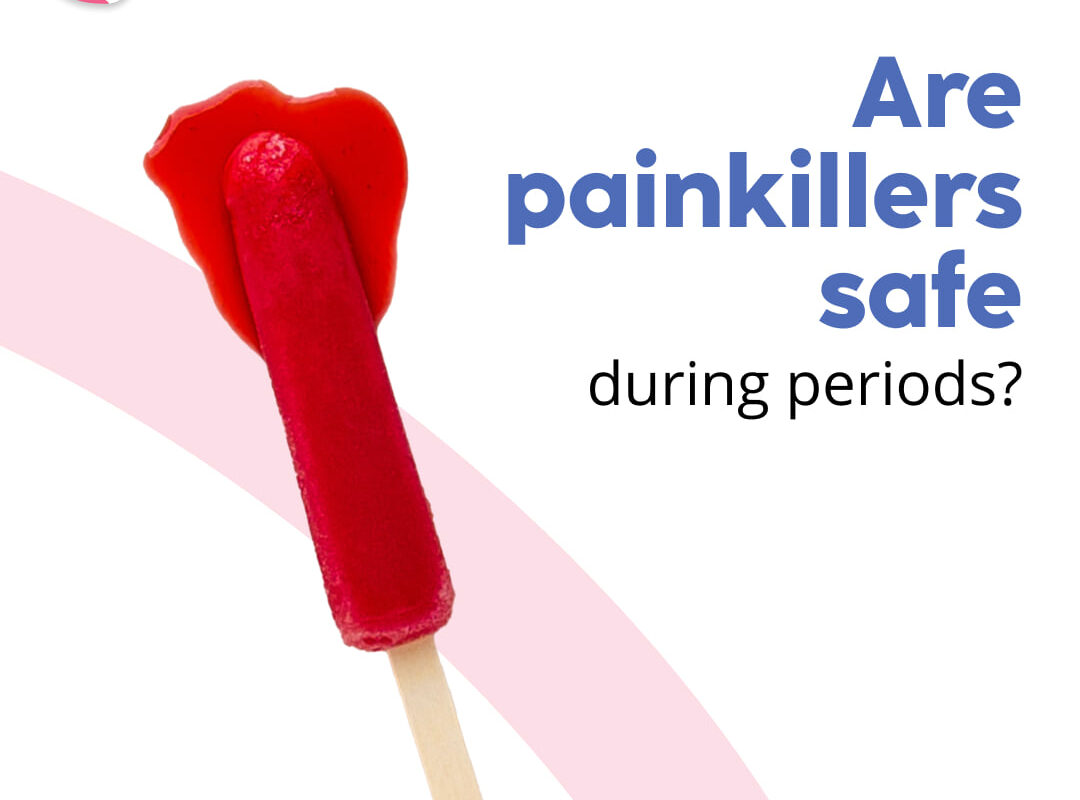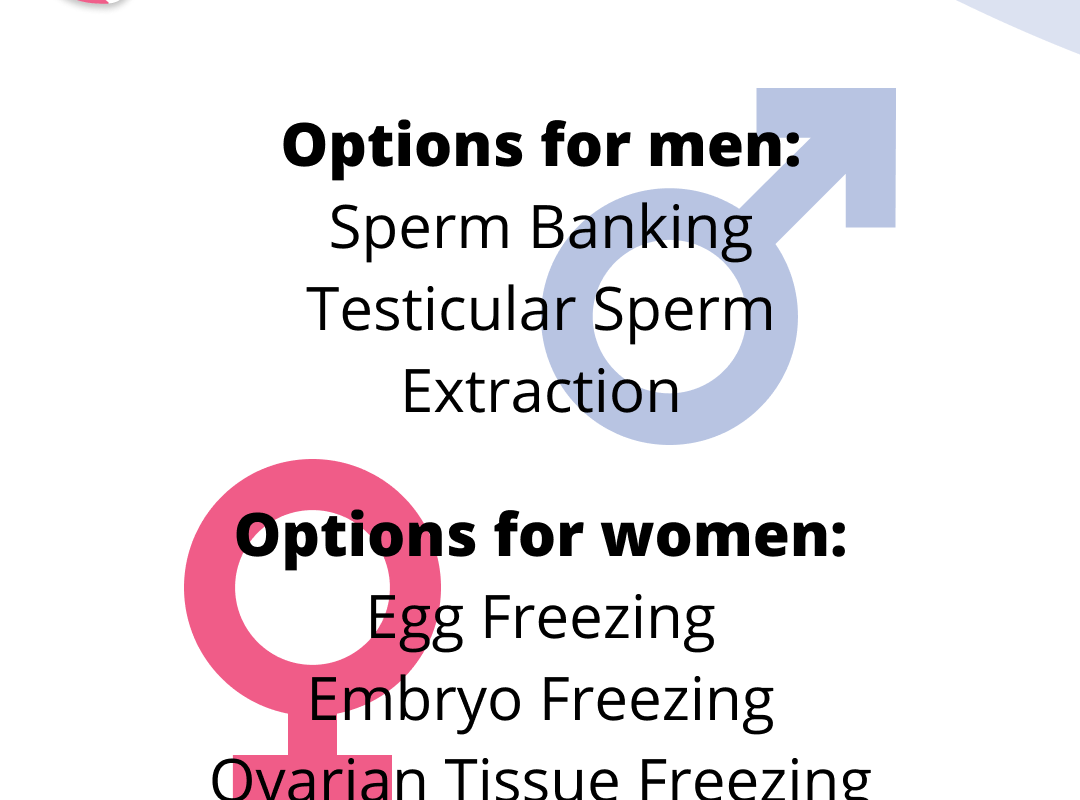Cryopreservation of mature eggs, also known as egg freezing, is a method for preserving women’s reproductive potential.
Typically, frozen, unfertilized eggs harvested from your ovaries are saved for future use. The egg can be defrosted, merged with sperm in the laboratory, and placed in your uterus via IVF.
Based on your needs and reproductive history, your IVF doctors can explain how the egg freezing procedure works and whether this practice of preserving your fertility is the right fit for you.
Depending on the patient’s situation, female infertility specialists can help determine whether eggs should be frozen. While egg freezing is unnecessary for every woman, it brings many women peace of mind.
Who Should Freeze Eggs?
These women are great candidates to preserve their eggs and get IVF in Dubai.
-
Women who want to postpone motherhood
Getting pregnant may be easier if you freeze your eggs at a young age. Women’s fertility peaks in their 20s and declines when they reach their 30s, so a woman wanting to defer becoming a mother until her late thirties or forties should think about freezing eggs. IVF doctors generally don’t recommend egg freezing to women over 37.
-
Women at risk of infertility
Egg freezing may be a good option for women with the loss of ovarian functionality or a family history of early menopause before the age of 40. Diseases such as sickle cell anaemia and lupus can contribute to female infertility.
-
Patients suffering from cancer
Women undergoing cancer treatments often opt to freeze their eggs to preserve their fertility. Radiation and chemotherapy may damage the ovaries and reduce a woman’s ovarian reserve. Taking gynaecology treatment and egg freezing before cancer treatment might enable you to have biological offspring later.
These are the main reasons why people freeze eggs. Nonetheless, this method can be used by any woman who wants to extend her fertility. Before you make decision, get gynaecology treatment for to rule out infertility. There are many clinics that offer IVF in Dubai.
Related Posts on Egg Freezing & Fertility in Dubai




